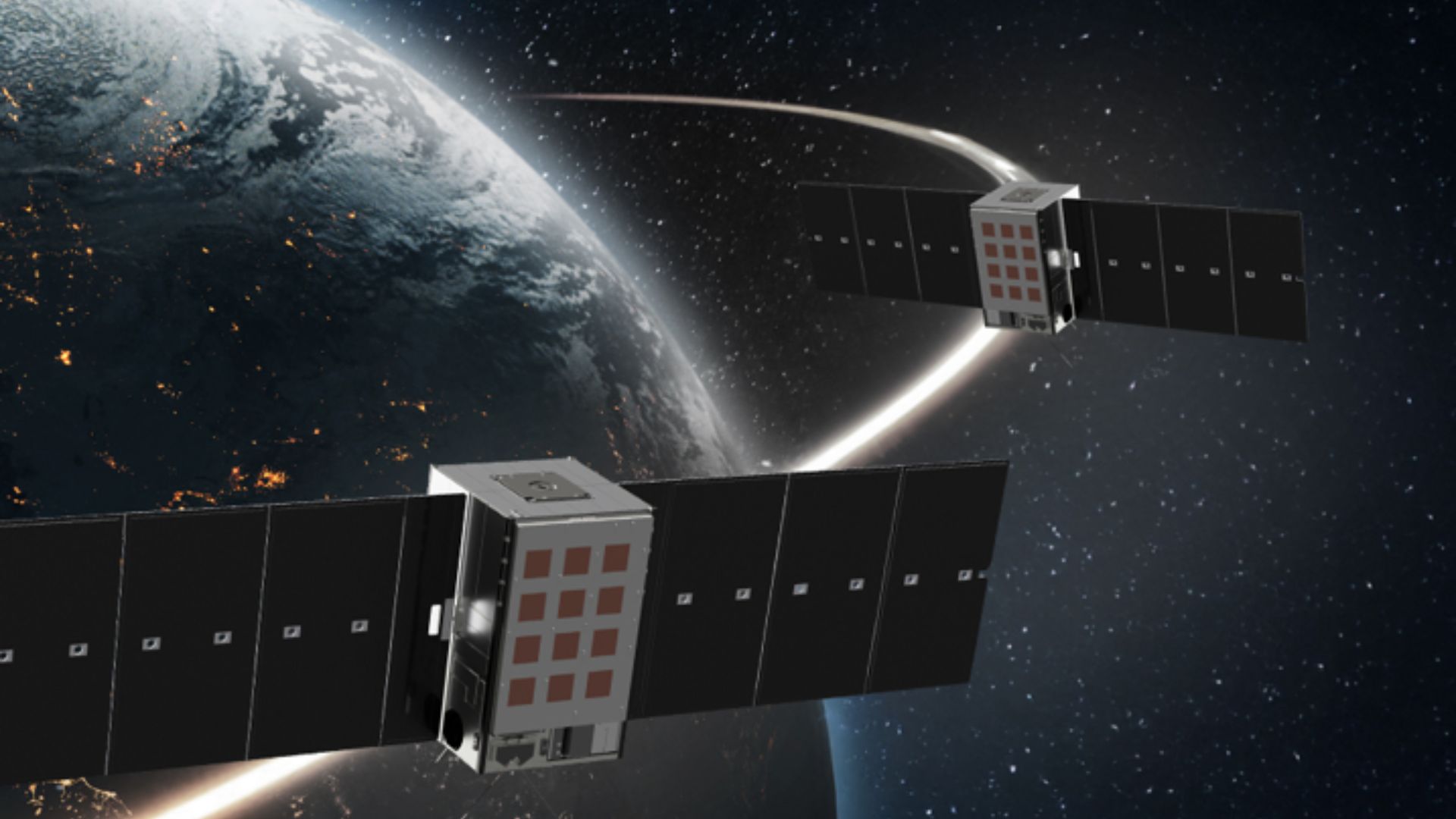
Seven groundbreaking defence innovation projects are set to share in a $3 million funding injection under the latest rounds of the Defence Innovation Partnership’s Activator and Collaborative Research Funds (CRF).
The new initiatives are tackling some of the most critical challenges facing Australia’s Defence Forces and are set to transform how Australia leverages technology and expertise to protect national security and maintain a strategic edge.
The Activator Fund, which first commenced in 2023, has awarded three projects a total of $2.4 million, while the CRF, now in its eighth round, has awarded four projects $150,000 each.
The Activator Fund was created to enable larger-scale R&D and accelerate the transition of technology into operational contexts, while the CRF is designed to support emerging research and prototype development and innovation. Across the seven previous rounds the CRF has provided more than $3.4 million in state government support across 35 South Australian-based projects.
Under the Activator Fund, $1.6 million has been awarded to Fleet Space Technologies and partners for the SENTRI (Sensor-based Environmental sense-making Network for Threat Response and Information) project.
The SENTRI project is set to transform how Defence gathers and uses information to respond to threats.
This cutting-edge initiative will combine advanced sensor technology with satellite networks to deliver fast and reliable data in a wide range of environments. The technology will have a number of practical uses such as real-time threat detection, disaster response and recovery and border protection. SENTRI could also be applied across the agriculture and mining sectors.
Fleet Space Technologies Co-Founder and Chief Exploration Officer Matt Pearson said the SENTRI project will provide rapid, resilient and sovereign communication networks for Defence.
“Fleet Space’s breakthrough Centauri satellite network, integrated with advanced sensor networks, paves the way for real-time, actionable defence intelligence needed for threat detection, disaster response, and border protection on a continental scale,” said Mr Pearson.
A further two projects each received $400,000 related to ‘understanding and countering influence’, crucial in a world where conflicts are increasingly unfolding in the information and digital domains.
Amongst the four projects awarded under the CRF is research that seeks to enhance the efficiency and effectiveness of naval port operations by addressing challenges posed by the accumulation of microorganisms, such as bacteria and algae, on naval ships and docks.
The biofilm project, led by Flinders University, ultimately aims to develop an intelligent, predictive tool to demonstrate how quickly marine growth appears and attaches to vessels according to different conditions such as water temperature and other environmental factors. Marine growth can cause problems such as reduced efficiency of the vessel, increased maintenance costs and potential environmental issues.
Minister for Defence and Space Industries Stephen Mullighan said the projects funded demonstrate the extraordinary talent and capabilities of the state’s research institutions and industry partners.
“These initiatives not only address critical Defence priorities, but also enhance our state’s economic prosperity through high-value research and development,” said Minister Mullighan.
Full list of projects awarded:
ACTIVATOR FUND
1. Mapping Pacific Networks ($400,000)
Lead organisation: University of Adelaide
Partners: Consunet and DSTG
Objective: This project focuses on developing Defence engagement programs in the Pacific Islands region by mapping networks and influence in the region.
2. Understanding and countering online influence ($400,000)
Lead organisation: University of Adelaide
Partners: Flinders University and Fivecast
Objective: This project will develop a model and prototype tool to help Defence end-users understand how online communities and informal networks evolve over time.
3. Sensor-based Environmental sense-making Network for Threat Response and Information (SENTRI) ($1.6 million)
Lead organisation: Fleet Space Technologies
Partners: SmartSat CRC, Safety from Space, University of South Australia, Insight via Artificial Intelligence, Swordfish Computing, and DSTG
Objective: Develop and demonstrate SENTRI, a powerful and adaptable system to help Defence respond effectively to changing threats and environments.
CRF ROUND 8 ($150,000 per project)
1. Understanding environmental impacts on biofilm growth at key naval ports
Lead Organisation: Flinders University
Partners: University of South Australia, QUT, DSTG, Australian Naval Infrastructure (ANI)
Objective: Develop a predictive tool using Bayesian modelling to understand how environmental factors and antifouling materials influence biofilm growth at naval ports.
2. Distributed multi-agent TEWA (threat evaluation and weapons assignment) algorithms for force-level battle management: a scalable approach for real-time decision-making in dynamic combat environments
Lead Organisation: University of Adelaide
Partners: Flinders University, DSTG
Objective: Design and implement a novel Threat Evaluation and Weapon Assignment (TEWA) algorithm that can operate effectively in distributed, multi-agent environments.
3. Developing an underwater recharging station to maximise the endurance and mission effectiveness of autonomous/uncrewed underwater vehicles
Lead Organisation: Flinders University
Partners: University of South Australia, DSTG, EfficientSee
Objective: Explore two different technology options (hydrogen fuel cells and Stirling engines) for underwater recharging stations and determine the most feasible option, including the requirement for commercialisation.
4. A tool for simulation-based evaluation of human-driven processes for critical infrastructure operations resilience (HDP-CIOR tool)
Lead Organisation: Flinders University
Partners: University of South Australia, Priori Analytica, DSTG
Objective: Develop a tool, the HR-CIOR, that will model an interactive virtual operational environment with multi-vector disruptions and present it as a serious game simulating the Protective Security posture of critical systems, infrastructure, people and processes.
The Defence Innovation Partnership is a collaborative initiative of Defence SA, Defence Science and Technology Group (DSTG) and South Australia’s three public universities, the University of Adelaide, Flinders University and the University of South Australia.
For more information, visit Research Funding Opportunities